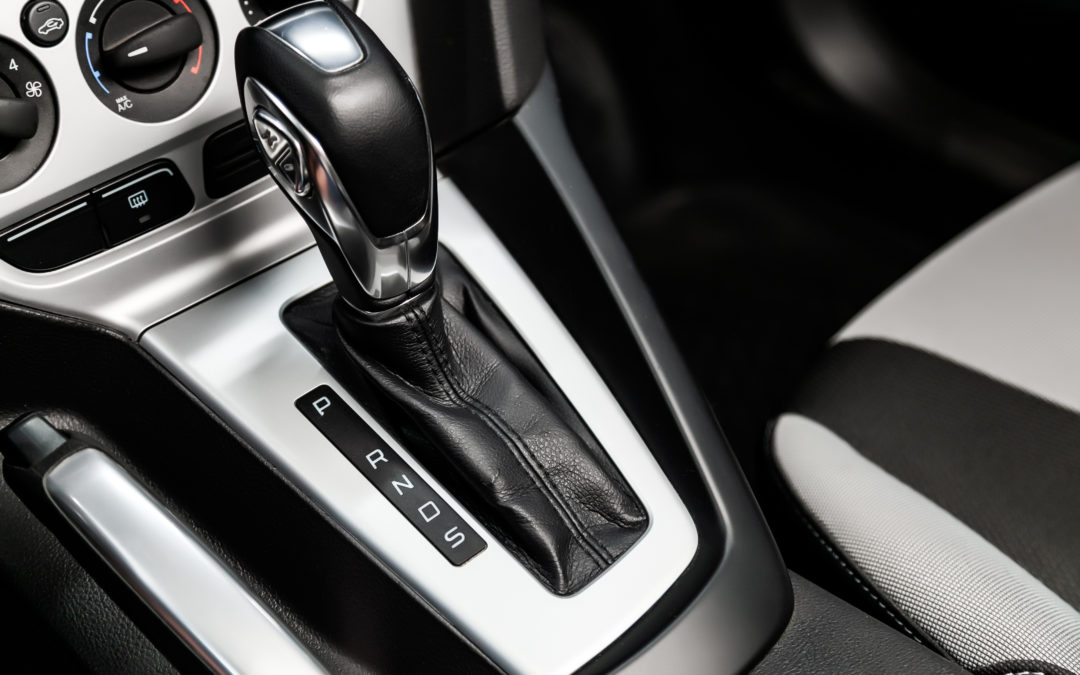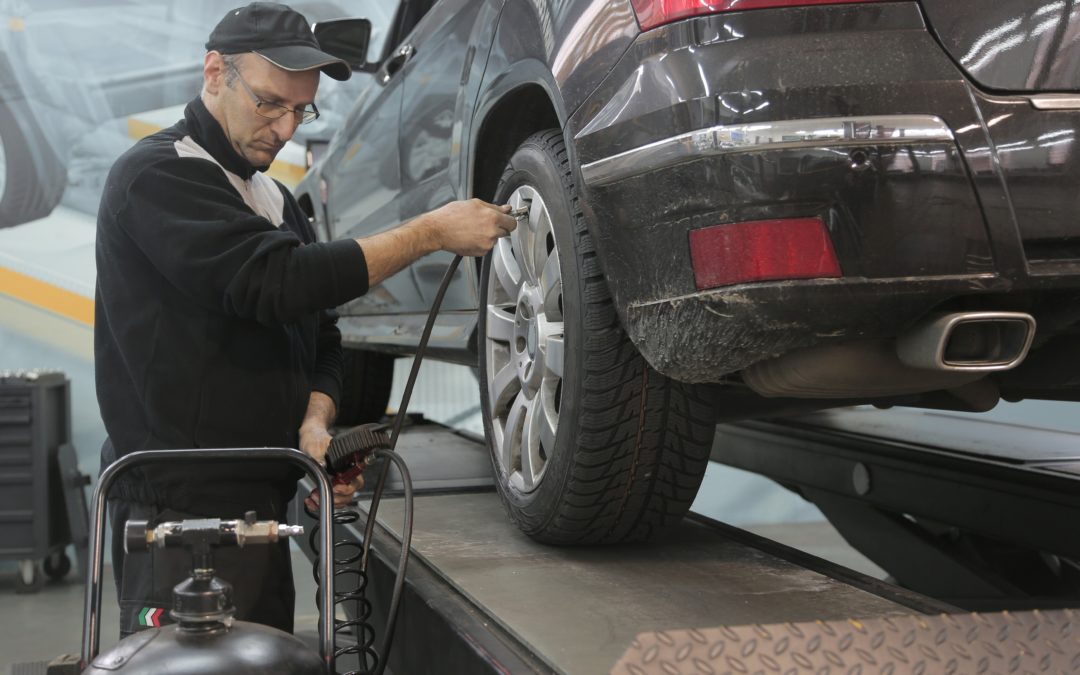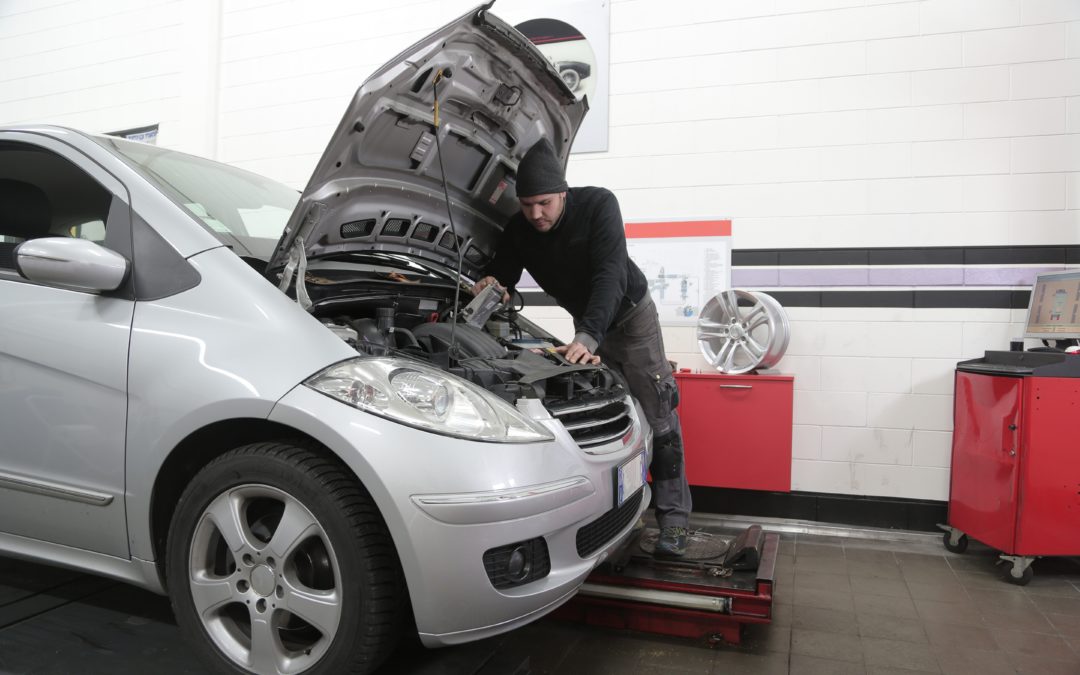
by Michael Lazo | Dec 22, 2021 | Auto Repair Northern Colorado
Like many components of your vehicle, the steering system is not only important, but it gets a lot of use every time you drive. However, drivers tend to take the steering system for granted, until something goes wrong with it. (more…)

by Michael Lazo | Oct 27, 2021 | Auto Repair Northern Colorado, Fall Car Care, Preventive Maintenance
Fall is here and so are changing driving conditions. While a good driver is always diligent about their driving safety, it is beneficial at this time of year to make sure you are focused on some key safety items. Unpredictable fall weather, the time change, and falling leaves can pose hazards to drivers so get a head start on your vehicle safety by reviewing our fall weather driving tips this month. (more…)

by Michael Lazo | Aug 25, 2021 | Auto Repair Northern Colorado, Preventive Maintenance
Over the last few decades, manual transmission vehicles have become an endangered species. Drivers opt for ease and convenience of an automatic transmission over the perceived effort of driving a manual or stick transmission. Although the popularity of automatics has changed the driving experience, automatic transmissions are not immune from problems. (more…)

by Michael Lazo | Jul 20, 2021 | Auto Repair Northern Colorado, Preventive Maintenance
If you are looking to keep your vehicle in tip-top shape and avoid costly repairs, then you should consider developing a maintenance plan for your vehicle. While this sounds daunting, regular vehicle maintenance is an easy way to manage the health of your vehicle’s main systems and functions to keep it running smoothly. (more…)

by Michael Lazo | Jun 21, 2021 | Auto Repair Northern Colorado, Preventive Maintenance
Ongoing vehicle maintenance is a necessity if you want to keep your vehicle for a long time and minimize repair work over its lifespan. However, many drivers neglect their vehicles and skip important maintenance routines that can make a difference in the performance of their vehicle’s operation. (more…)

by Michael Lazo | Apr 16, 2021 | Auto Repair Northern Colorado, Preventive Maintenance
Spring is here and its time to get out and enjoy the open road. But before you do, there are some simple things that you can do to maintain your vehicle and get it ready for the warmer months and extended road trips. (more…)






